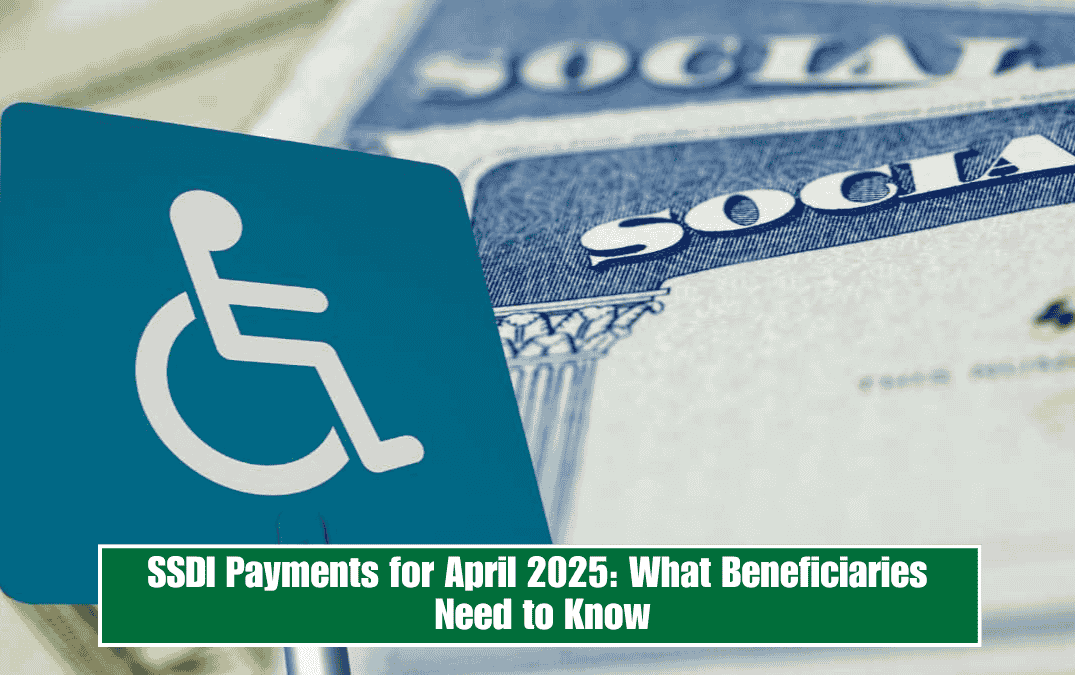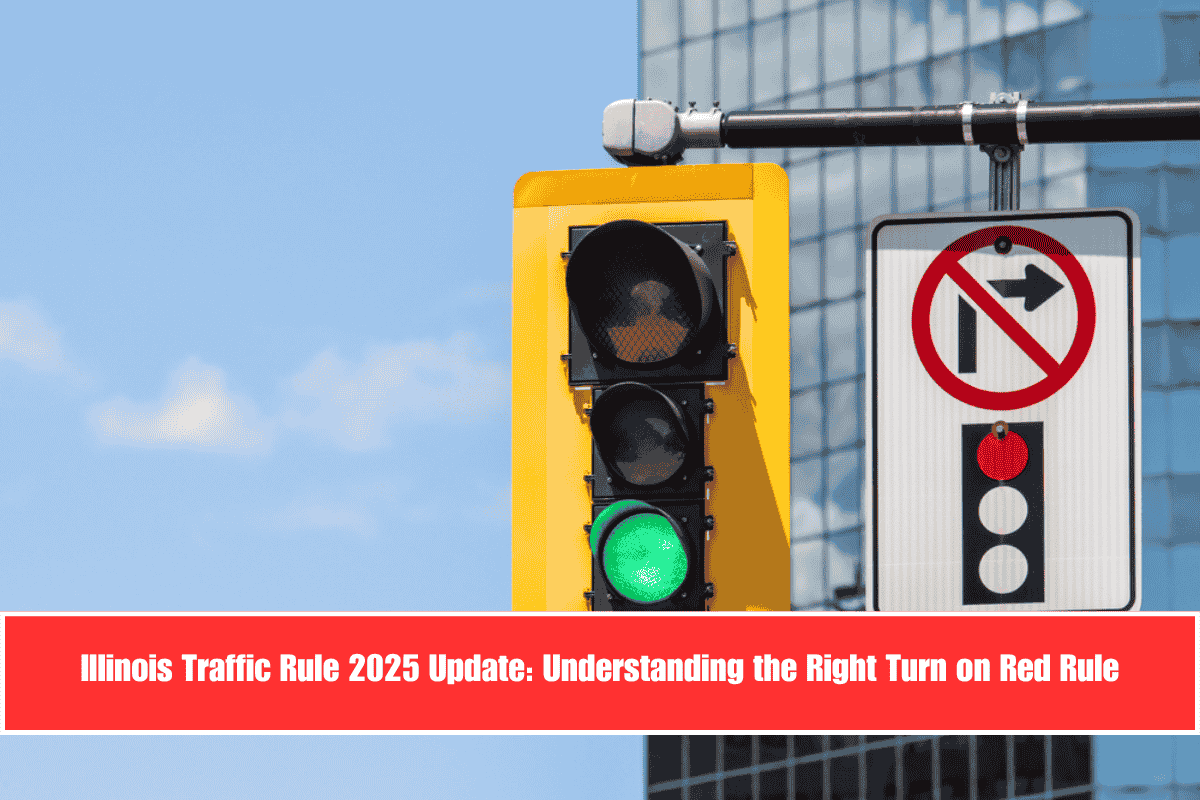Elon Musk, the billionaire entrepreneur known for bold statements and controversial plans, is once again in the headlines. During a recent interview on Fox News, Musk claimed that his proposed reforms under the so-called “Department of Government Efficiency” (DOGE) would lead to higher Social Security payments for retirees.
While the idea has gained support from some of his fans, many retirement experts are calling it misleading and disconnected from how the Social Security system actually works.
The concept of making the government more efficient is attractive. Musk’s idea focuses on cutting waste, stopping fraud, and reducing bureaucracy inside the Social Security Administration (SSA). But according to experts, even if these goals are achieved, they won’t lead to bigger Social Security checks unless specific laws are changed—something that hasn’t happened yet.
Why Musk’s Social Security Claims May Not Hold Up
According to Chris Orestis, a well-known retirement expert and president of Retirement Genius, the idea that there’s enough fraud in the SSA to fund major benefit increases is simply wrong.
He points out that there’s no real proof of large-scale fraud that could free up enough money to make a noticeable impact. This is backed by well-respected outlets like The New York Times and the Associated Press.
Even if the SSA somehow saved money by running more efficiently, that wouldn’t allow for a direct increase in monthly benefits. Social Security payments are only adjusted each year through the cost-of-living adjustment (COLA), which is linked to inflation. So, unless inflation goes up, benefits can’t rise either—no matter how much money is saved internally.
Martha Shedden, president of the National Association of Social Security Registered Analysts, added that Musk’s ideas show a misunderstanding of the program itself. She explained that how much someone receives from Social Security depends on their lifetime earnings—not on how much money the SSA saves or spends. The rules are set by Congress, and changing them would require a new law, which is not being discussed at the moment.
What Really Needs to Happen to Raise Social Security Benefits
To actually increase Social Security benefits, the government would need to bring in more money or adjust the structure of the program itself. According to the 2024 report by the Social Security and Medicare Trustees, the trust fund that supports the program can pay full benefits only until the year 2035. After that, without reforms, payments could be automatically cut by about 17%.
This situation is made worse by the fact that more people are retiring and living longer, while the amount of money collected through payroll taxes is not growing fast enough. Experts like Orestis and Shedden agree that the only real solution is to either bring more money into the system or reduce the number of people drawing from it.
One common proposal is to remove the income cap on payroll taxes. Currently, only earnings up to $176,100 are taxed for Social Security. Raising or eliminating that cap would increase funding. Another idea is to slowly raise the retirement age for younger generations, so fewer people collect benefits for long periods of time.
There’s also growing support for excluding extremely wealthy individuals from the system altogether. Orestis even questioned whether Elon Musk himself, one of the richest people in the world, should receive Social Security benefits in the future. His point highlights a larger debate: should billionaires benefit from a system meant to protect people in old age or financial need?
Elon Musk’s claims about improving Social Security through efficiency sound attractive but do not align with how the system truly works. Experts say the path to higher Social Security payments lies not in cutting staff or reducing paperwork, but in real legislative reform and stronger financial support for the program.
Unless Congress takes action—such as removing the payroll tax cap or increasing the retirement age—the current system may face serious trouble by 2035. While it’s easy to promise bigger checks, the reality is that changes to Social Security require careful planning, deep understanding, and above all, legal authority—not just bold ideas.















